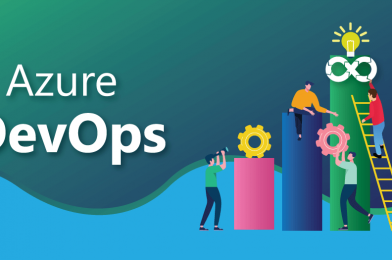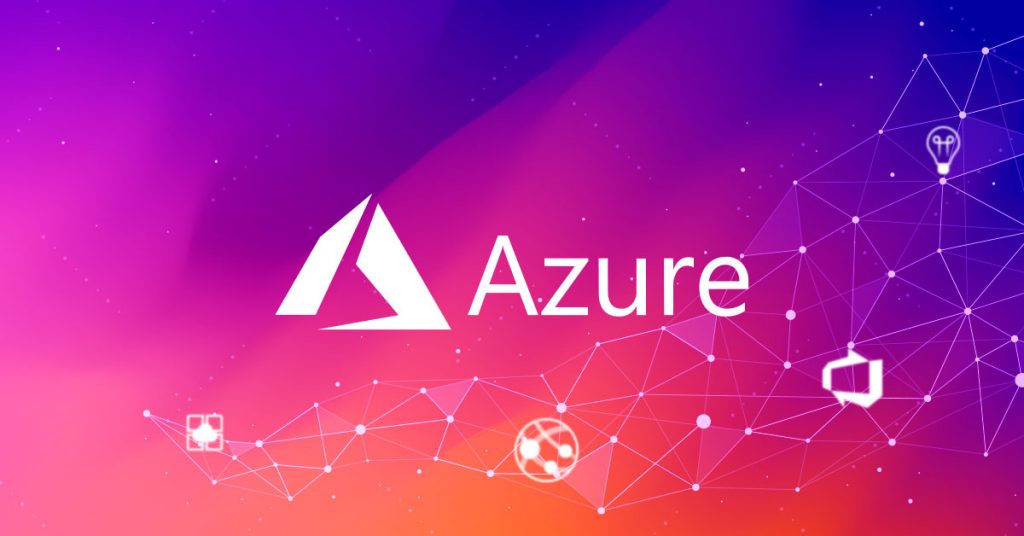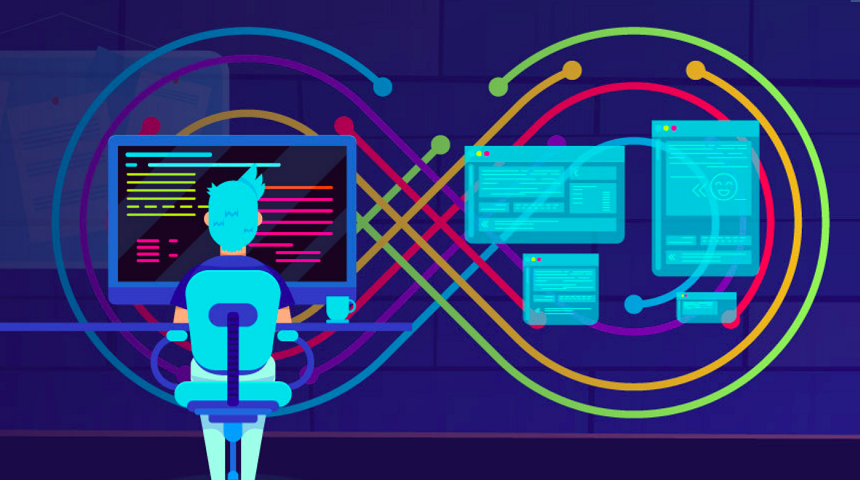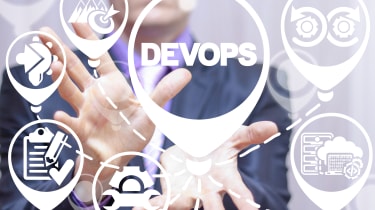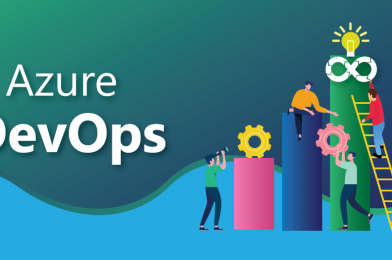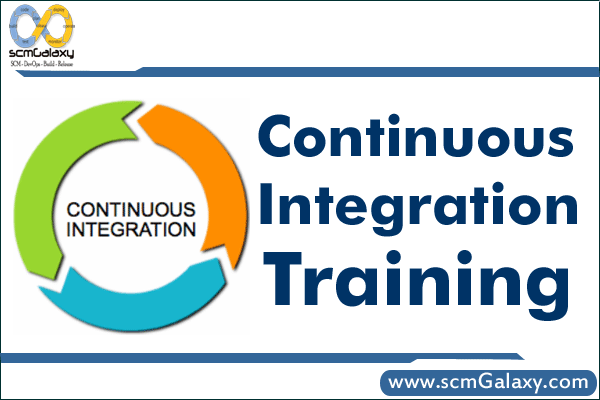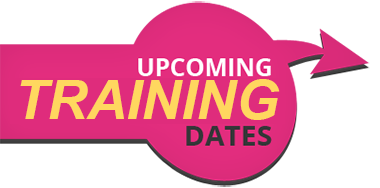If you are new to the world of cloud computing, you will want to select a cloud platform that can help you easily get started with learning cloud computing. It is extremely important for one to familiarize themselves with various leading cloud service providers before deciding which cloud is best to get started with a career in cloud computing. Both AWS and Azure are solid performers with equivalence in almost 99% of the use cases.
What is AWS?
Amazon Web Services (AWS) is a secure cloud services platform, offering compute power, database storage, content delivery and other functionality to help businesses scale and grow. It is a subsidiary of Amazon providing on-demand cloud computing platforms.

AWS has significantly more services, and more features within those services, than any other cloud provider–from infrastructure technologies like compute, storage, and databases–to emerging technologies, such as machine learning and artificial intelligence, data lakes and analytics, and Internet of Things. AWS has the largest and most dynamic community, with millions of active customers and tens of thousands of partners globally.
Customers across virtually every industry and of every size, including startups, enterprises, and public sector organizations, are running every imaginable use case on AWS. It is architected to be the most flexible and secure cloud computing environment available today.
Here’s an overview of the certifications offered by AWS and capabilities an individual validates by completing these certifications.
AWS certifications offered include:

AWS Certified Cloud Practitioner
- Individuals are expected to effectively demonstrate a comprehensive understanding of AWS fundamentals and best practices.
AWS Certified Solutions Architect – Associate
- Individuals in an associate solutions architect role have 1+ years of experience designing available, fault-tolerant, scalable, and most importantly cost-efficient, distributed systems on AWS.
- Can demonstrate how to build and deploy applications on AWS.
AWS Certified SysOps Administrator – Associate
- This certification is meant for systems administrators that hold a systems operations role and have at least one year of hands-on experience in management, operations and deployments on AWS. They must be able to migrate on-premises workloads to AWS.
- They can estimate usage costs and identify operational cost control methods.
- Must prove knowledge of deploying, operating and managing highly available, scalable and fault-tolerant systems on AWS.
AWS Certified Developer – Associate
- This is for individuals who hold a development role and have at least one or more years of experience developing and maintaining AWS-based applications.
- Display a basic understanding of core AWS services, uses, and basic AWS architecture best practices.
- Demonstrate that they are capable of developing, deploying, and debugging cloud-based applications using AWS.
AWS Certified Solutions Architect – Professional
- Individuals in a professional solutions architect role have two or more years of experience operating and managing systems on AWS.
- They must be able to design and deploy scalable, highly available, and fault-tolerant applications on AWS.
- Must demonstrate knowledge of migrating complex, multi-tier applications on AWS
- They are responsible for implementing cost-control strategies.
AWS Certified DevOps Engineer – Professional
- Intended for individuals who have a DevOps engineer role and two or more years of experience operating, provisioning and managing AWS environments.
- They are able to implement and manage continuous delivery systems and methodologies on AWS.
- Additionally, they must be able to implement and automate security controls, governance processes, and compliance validation.
- Can deploy and define metrics, monitoring and logging systems on AWS.
- Are responsible for designing, managing, and maintaining tools that automate operational processes.
AWS Certified Advanced Networking – Speciality
- Intended for individuals who perform intricate networking tasks.
- Design, develop, and deploy cloud-based solutions using AWS
- Design and maintain network architecture for all AWS services
- Leverage tools to automate AWS networking tasks
AWS Certified Big Data – Speciality
- For individuals who perform complex Big Data analyses and have at least two years of experience using AWS.
- Implement core AWS Big Data services according to basic architecture best practices
- Design and maintain Big Data
- Leverage tools to automate data analysis
AWS Certified Security – Speciality
- Individuals who have a security role and at least two years of hands-on experience securing AWS workloads.
- Exhibit an understanding of specialized data classifications and AWS data protection mechanisms as well as data encryption methods and secure Internet protocols and AWS mechanisms to implement them
- Knowledge of AWS security services and features to provide a secure production environment
- An understanding of security operations and risk
AWS Certified Machine Learning – Speciality
- Intended for individuals in a development or data science role.
- Ability to design, implement, deploy and maintain machine learning solutions for specific business problems.
AWS Certified Alexa Skill Builder – Speciality
- Intended for individuals who have a role as an Alexa skill builder.
- Individuals have demonstrated an ability to design, build, test, publish and manage Amazon Alexa skills.
Where to Start
If you aren’t sure where to start, Best institute are a great way to help you get the ball rolling in your cloud certification journey, they offering comprehensive AWS certification course led by the experts in the programme. They trained and prepare you for the AWS certification exam. You will also learn the best practices to be followed while working on AWS projects in the industry. This Certification is completely hands-on and designed in a way to help you become technical expertise. I would like to suggest you some institutes which can meet your expectation. these institutes are:
And also if you are looking for Free online resources and quality training videos of AWS Certification on online platform like YouTube then you can also check ScmGalaxy and DevOpsSchool YouTube channel.
By ScmGlaxy
By DevOpsSchool
Good Luck !!!

